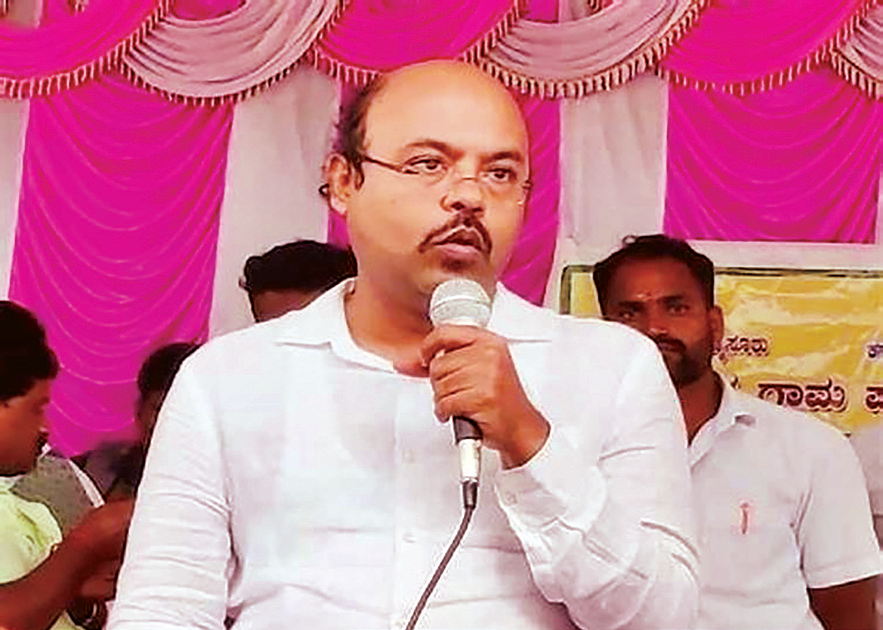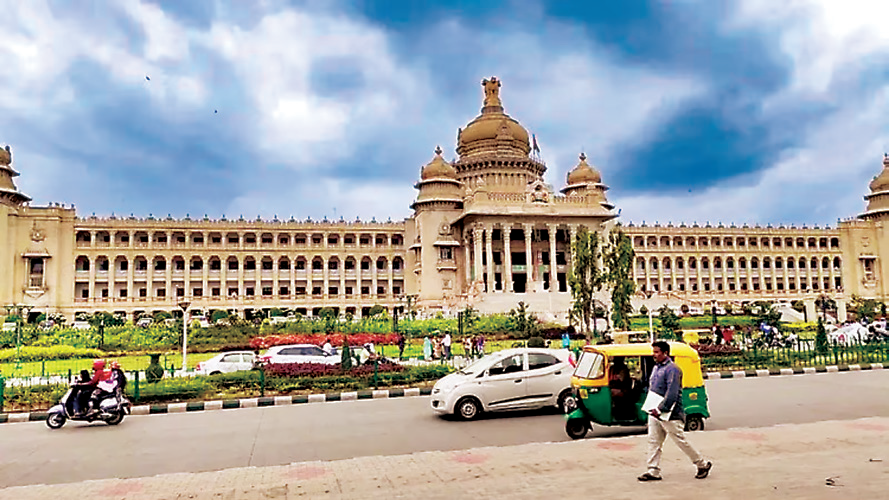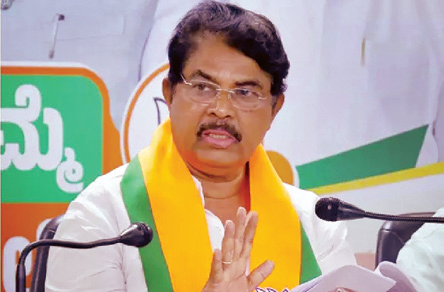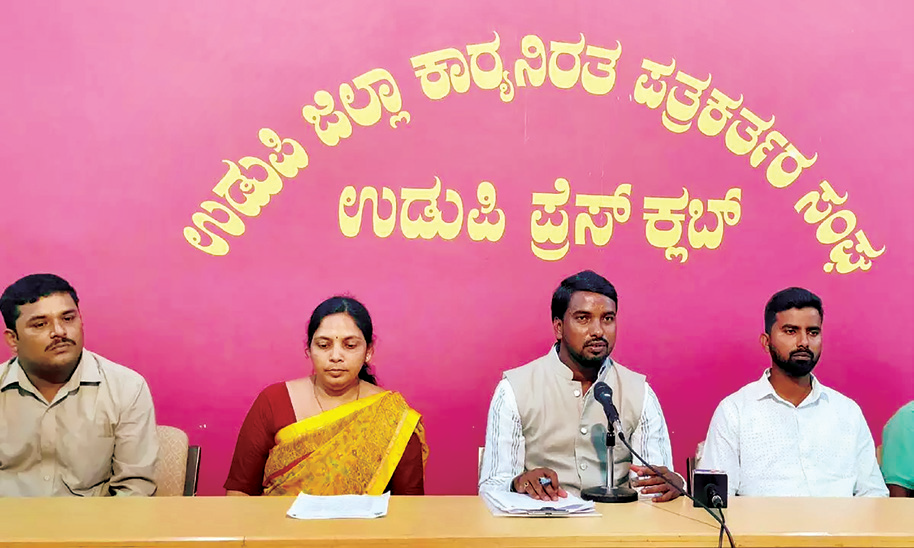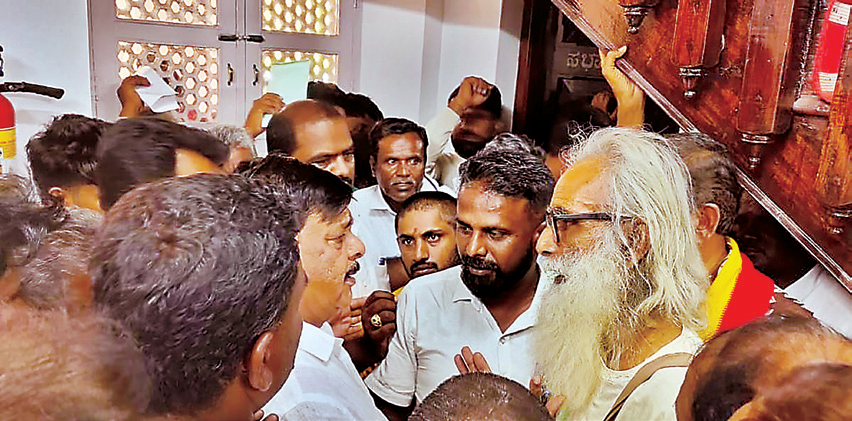
K'taka economy will not reach $1 trillion mark by 2032, says CM Siddu
Maqsood Maniyar | NT
Bengaluru: Chief Minister Siddaramaiah said that Karnataka hadn’t gathered critical mass to reach the goal of a trillion dollar economy by 2032, identifying the state’s plummeting share in the tax devolution was a stumbling block.
He has long held that the Centre was shortchanging Karnataka as far as distribution of its share in taxes is concerned.
The CM made the remarks during the seminar on the topic “Fiscal Federalism: Challenges before the Sixteenth Finance Commission” organised by the MS Ramaiah University of Applied Sciences, Fiscal Policy Institute and the Finance Department in Bengaluru on Saturday.
His comments come in the backdrop of the constitution of the 16th Finance Commission, an independent constitutional body which decides the states’ share in taxes.
“Furtherance of the state's economic and human development requires significant investments in the human and physical infrastructure. Despite Karnataka’s proven track record of very sound tax performance, the resources are not adequate to meet the growing challenges and also attain the vision of $1 Trillion GSDP by 2032,” Siddaramaiah told the gathering.
He added that if the state were to give a fillip to its growth, it “make a strong representation” to the 16th Finance Commission to boost its share in taxes.
“Karnataka’s share in tax devolution got reduced from 4.713 per cent under the 14th Finance Commission to 3.647 per cent under the 15th Finance Commission,” the CM said.
“Karnataka has experienced the biggest cut among the states, a reduction of 1.066 percent. The current approach considers the income distance, as per which, Karnataka loses out due to the lower distance from the highest per capita income state,” he added, demanding an “adequate reward” for the state’s contribution.
Growth engine B'luru & disparity within districts
Siddaramaiah also spoke about Bengaluru being the fi nancial capital of the state needing greater resources to boost its infrastructure and services, besides the disparity between it and the poorer districts of Hyderabad-Karnataka.
“It is important to consider the fact that high per capita income levels arise mainly from Bangalore urban district at Rs 6,21,131. This approach has deprived Karnataka of adequate resource transfers to address the low per capita income of certain districts. The Finance commissions must make necessary adjustments for the intra state per capita income differentials while arriving at the income distance in making the recommendations,” he said.
“As it is very well known, Bengaluru's city’s contribution to the state’s revenue is substantial and it is important to provide the required state support to sustain its growth. The state has been experiencing persistent regional imbalances despite its concerted effort using the Empowered Committee’s assessment. As per the Economic Survey 2022-23, Bengaluru Urban District’s per capita Income ranks fi rst with Rs 6,21,131 and last is Kalaburagi with Rs 1,24,998,” he added.
 English daily published in Bengaluru & Doha
English daily published in Bengaluru & Doha

